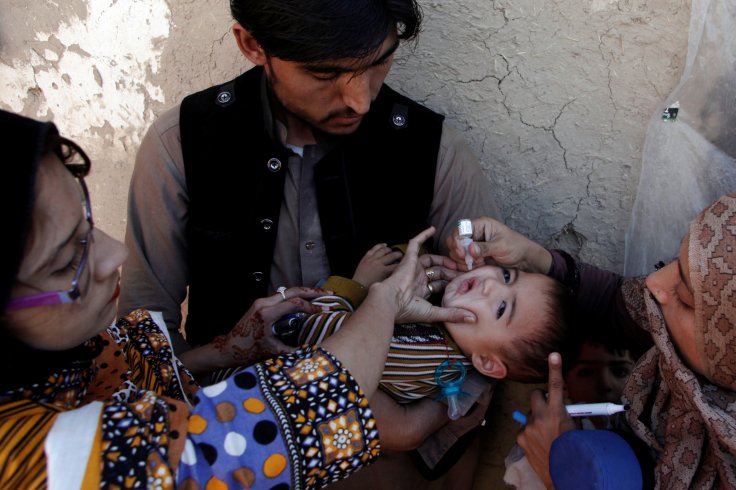Global Polio Eradication Initiative (GPEI), the organization responsible for the eradication of polio through mass immunization campaign, has suspended its operations, for the first time since its inception in 1988. Operations have been suspended in the wake of COVID-19 pandemic, that has spread to over 150 countries, in every inhabited continent, infecting over one million people and killing 53,202.
"We're devastated by the fact that we have to stop the activities for a disease that we were working so hard to eradicate", said World Health Organization's Michel Zaffran, who heads GPEI.
How has novel coronavirus affected polio immunization campaign?

The COVID-19 disease would've been a huge health risk for the health workers and the community, to continue with the immunization drive.
"Many of these activities have been suspended because they bring people together, they increase the mass gathering effect and also the delivery of the vaccine uses a dropper which could actually get contaminated, either by the recipients or by the health worker", Zaffran said, AFP reported. Also, widespread travel restrictions have been put in place, in several countries, to prevent the spread of novel coronavirus.
Till when will the polio eradication campaign be suspended?
At least till June, according to the GPIE chief. But presently it's impossible to predict when the operations will be resumed, and the decision would likely be made on a country-by-country basis, according to Zaffran.
In which country is polio still prevalent?
When GPEI was set up in 1988, polio paralyzed over a thousand children every day, in over a dozen endemic nations. Due to GPIE's mass immunization drive, the disease has been largely eradicated, apart from in Pakistan and Afghanistan, where the wild version of the poliovirus is still present.
A strain of the virus, mutated in the vaccine itself and spread to various African nations. The disease spreads through contaminated water or food, or contact with an infected person. Zaffran said that GPEI was "extremely concerned" that the disease could make advances in these nations, in the backdrop of the novel coronavirus pandemic.









